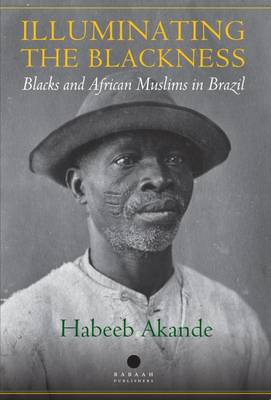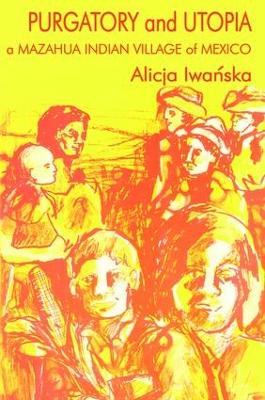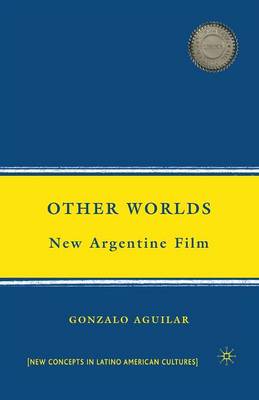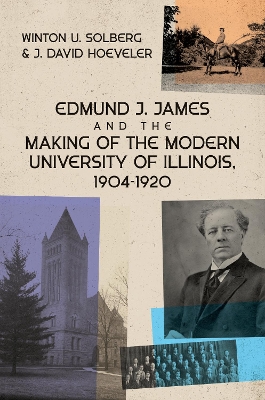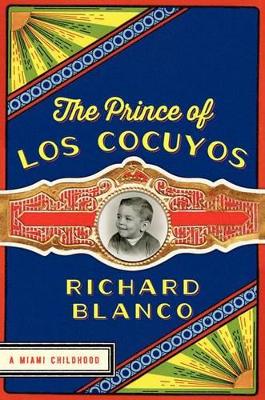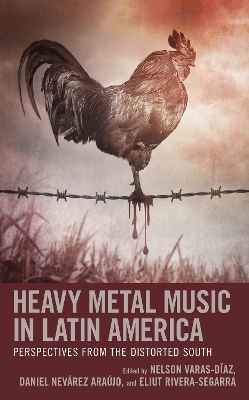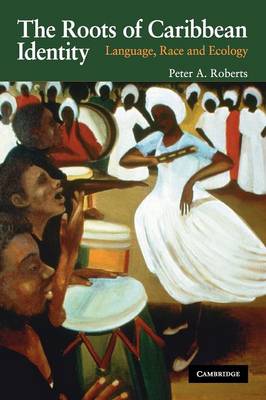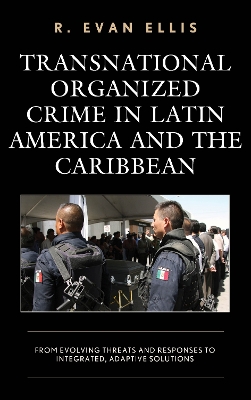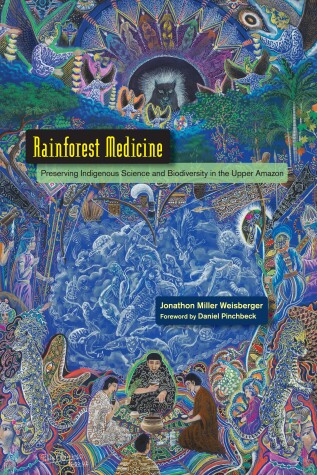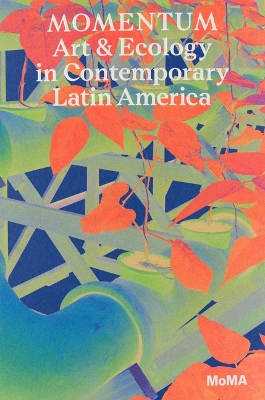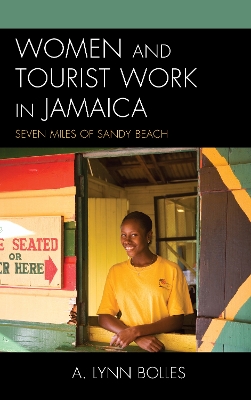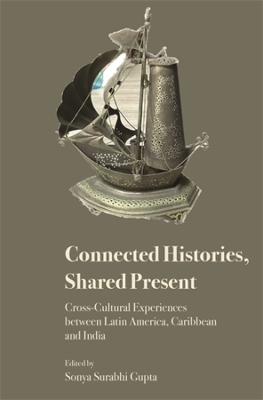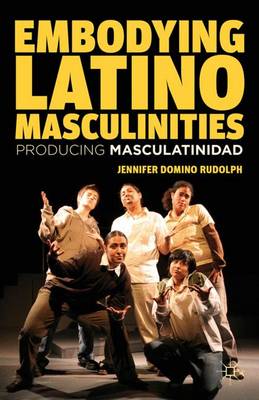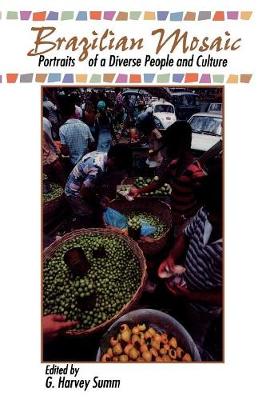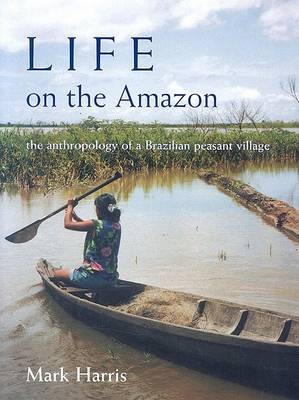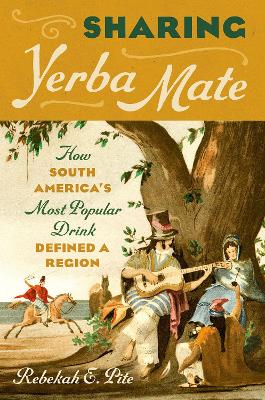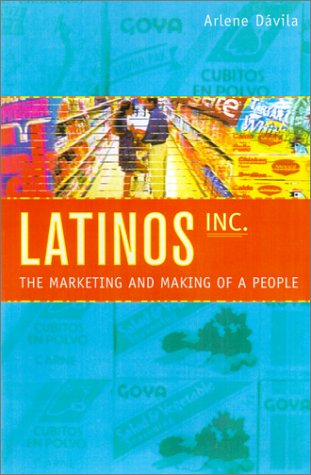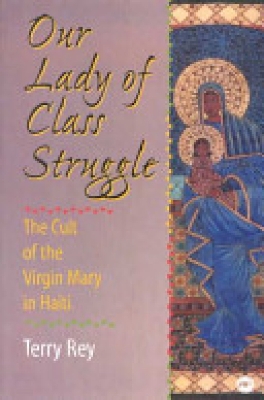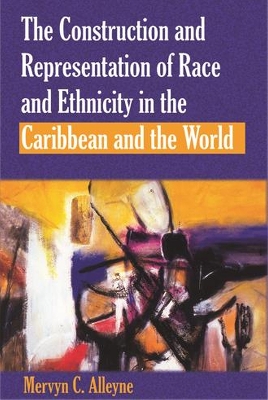Illuminating the Blackness presents the history of Brazil's race relations and African Muslim heritage. The book is separated into two parts. Part I explores the issue of race, anti-black racism, white supremacy, colourism, black beauty and affirmative action in contemporary Brazil. Part II examines the reported African Muslims' travels to Brazil before the Portuguese colonisers, the slave revolts in Bahia and the West African Muslim communities in nineteenth century Brazil. The author explores...
The conflict between a people's determination to preserve their socio-cultural identity and the aspiration toward technological progress and knowledge has become common in the age of globalization. One people that has remarkably kept a balance between tradition and progress are the Mazahuas of Central Mexico. Purgatory and Utopia, now available in paperback, describes how the Mazahuas have preserved their cultural identity and some of their ancient social institutions, while at the same time mod...
Other Worlds (New Directions in Latino American Cultures) (New Concepts in Latino American Cultures)
by G. Aguilar
Respected film critic Gonzalo Aguilar offers a lucid and sophisticated analysis of Argentine films of the last decade. This is the most complete and up-to-date work in English to examine the 'new Argentine cinema' phenomenon. Aguilar looks at highly relevant films, including those by Lucrecia Martel and Sergio Rejtman.
Edmund J. James and the Making of the Modern University of Illinois, 1904-1920
by Winton U Solberg and J. David Hoeveler
In 1904, Edmund J. James inherited the leadership of an educational institution in search of an identity. His sixteen-year tenure transformed the University of Illinois from an industrial college to a major state university that fulfilled his vision of a center for scientific investigation. Winton U. Solberg and J. David Hoeveler provide an account of a pivotal time in the university’s evolution. A gifted intellectual and dedicated academic reformer, James began his tenure facing budget batt...
A poignant, hilarious, and inspiring memoir from the first Latino and openly gay inaugural poet, which explores his coming-of-age as the child of Cuban immigrants and his attempts to understand his place in America while grappling with his burgeoning artistic and sexual identities. Richard Blanco's childhood and adolescence were experienced between two imaginary worlds: his parents' nostalgic world of 1950s Cuba and his imagined America, the country he saw on reruns of The Brady Bunch and Leave...
Heavy Metal Music in Latin America
In Heavy Metal Music in Latin America: Perspectives from the Distorted South, the editors bring together scholars engaged in the study of heavy metal music in Latin America to reflect on the heavy metal genre from a regional perspective. The contributors' southern voices diversify metal scholarship in the global north. An extreme musical genre for an extreme region, the contributors explore how issues like colonialism, dictatorships, violence, ethnic extermination and political persecution have...
This book is original in its conception, perspective and treatment of the languages and identities of the West Indies as a whole. Peter Roberts makes extensive use of a huge range of multiple and multilingual historical sources to let the voices of the past speak for themselves, and unearths forgotten connections that reveal the interrelatedness of territories and their 'historical saga'. The author presents a lucid account of a movement from a written, wholly European construction of Caribb...
Transnational Organized Crime in Latin America and the Caribbean: From Evolving Threats and Responses to Integrated, Adaptive Solutions provides a comprehensive overview of and introduction to transnational organized crime in Latin America for the student and practitioner. It addresses the geography of illicit activities, including relationships between source, transit, and consumption zones, as well as illicit activities beyond narcotrafficking, such as illegal mining, contraband, human smuggli...
Chronicling the practices, legends, and wisdom of the vanishing traditions of the upper Amazon, this book reveals the area's indigenous peoples' approach to living in harmony with the natural world. Rainforest Medicine features in-depth essays on plant-based medicine and indigenous science from four distinct Amazonian societies: deep forest and urban, lowland rainforest and mountain. The book is illustrated with unique botanical and cultural drawings by Secoya elder and traditional healer Agust...
Women and Tourist Work in Jamaica (The Anthropology of Tourism: Heritage, Mobility, and Society)
by A. Lynn Bolles
In Women and Tourist Work in Jamaica: Seven Miles of Sandy Beach, A. Lynne Bolles examines Jamaican women tourist workers and their workplaces in Negril, Jamaica. A major component of Negril’s tourism success is the labor of women tourist workers, ranging from housekeepers to hotel and business owners. Bolles’s ethnographic research examines key aspects of women’s labor in the tourist industry through the lenses of class, color, education, and training. Through the narratives of thirty interlocu...
Provides an accessible account of the social construction of racialized groups. Using both primary (in-depth interviews) and secondary data, four nations are examined: the UK, US, South Africa and Jamaica. Little attention has traditionally been given to theorizing multiracial identity in the context of white supremacist thought and practice.
Connected Histories, Shared Present
Through explorations of six cases taken from various Latino ethnic groups, this book advances our understanding about meanings of Latino manhood and masculinities. The studies range from theatre and literature to men's activism and sports, showing how masculinities are embodied and performed.
Competition and Efficiency in the Mexican Banking Industry
by Sara G. Castellanos, Gustavo A. Del Angel, and Jesus G. Garza-Garcia
This useful new book contributes to the understanding of competition policy in the Mexican banking system and explains how levels of competition relate to banks' efficiency. It contrasts concepts of economic theory with empirical evidence to distill optimal policy decisions. The authors study the banking sector in Mexico, a developing country with a regulated and sound banking system and an industry with strong participation from global systemic banks. However, the Mexican banking system c...
How the "traffic in culture" is practiced, rationalized and experienced by visual artists in the globalized world. The book focuses on artistic practices in the appropriation of indigenous cultures, and the construction of new Latin American identities. Appropriation is the fundamental theoretical concept developed to understand these processes.
Latin America After the Financial Crisis (Palgrave Studies in Latin American Heterodox Economics)
Latin America was one of the regions least affected by the global financial crisis of 2008. During this time of widespread economic downfall, Latin America continued to achieve an annual growth rate of around 5%. Latin America after the Financial Crisis explains how the global financial crisis affected the region and why it was not as severe as other crises in the past. The collection covers data from Argentina, Brazil, Chile, Colombia, Cuba, Mexico, and Venezuela, and demystifies the impact of...
This selection of excerpts and essays delineates Brazilian culture as exemplified by its people. Two pieces that provide a general overview of Brazilian peoples are followed by four chronological sections, each of which is preceded by a historical sketch of the period under examination.
Our lives are mostly composed of ordinary reality — the flow of moment-to-moment existence — and yet it has been largely overlooked as a subject in itself for anthropological study. In this work, the author achieves an understanding of this part of reality for the Mehinaku Indians, an Amazonian people, in two stages: first by observing various aspects of their experience and second by relating how these different facets come to play in a stream of ordinary consciousness, a walk to the river. I...
Drinking yerba mate is a daily, communal ritual that has brought together South Americans for some five centuries. In lively prose and with vivid illustrations, Rebekah E. Pite explores how this Indigenous infusion, made from the naturally caffeinated leaves of a local holly tree, became one of the most distinctive and widely consumed beverages in the region. Latin American food and commodity studies have focused on consumption in the global north, but Pite tells the story of yerba mate in South...
Both Hollywood and corporate America are taking note of the marketing power of the growing Latino population in the United States. And as salsa takes over both the dance floor and the condiment shelf, the influence of Latin culture is gaining momentum in American society as a whole. Yet the increasing visibility of Latinos in mainstream culture has not been accompanied by a similar level of economic parity or political enfranchisement. In this important, original and entertaining book, Arlene...
The Construction and Representation of Race and Ethnicity in the Caribbean and the World
The definition and evolution of the categories of race and ethnicity have long been topics of debate among historians and scholars of social anthropology. This book examines how the meanings and values of race and ethnicity have been constructed historically and how they are represented symbolically, with particular focus on the Caribbean. Alleyne examines the historical development of these categories in Europe, in Asia and in Africa and then proceeds to an in-depth analysis of the Caribbean, w...
